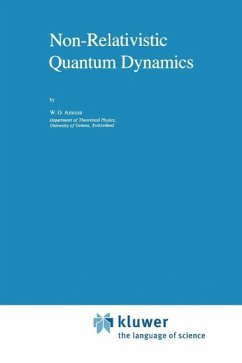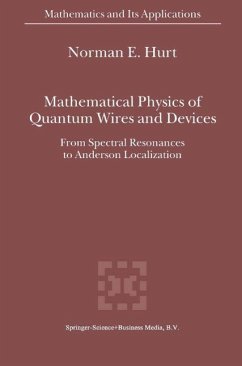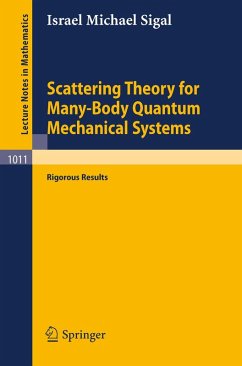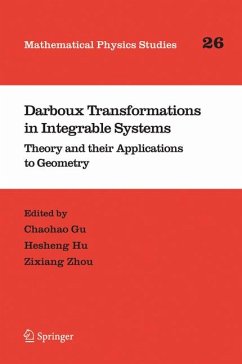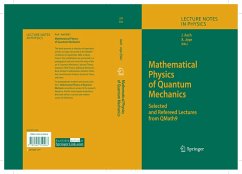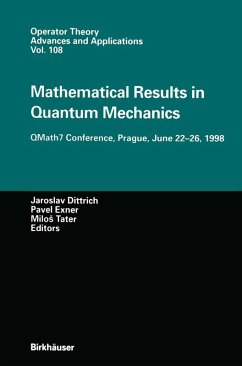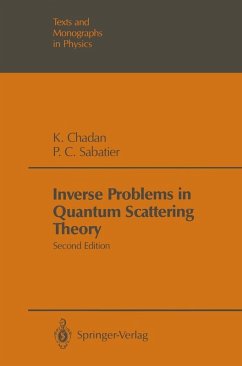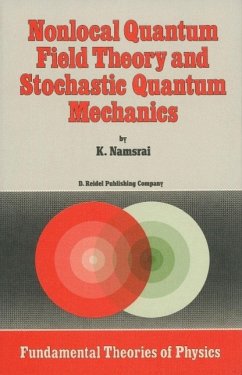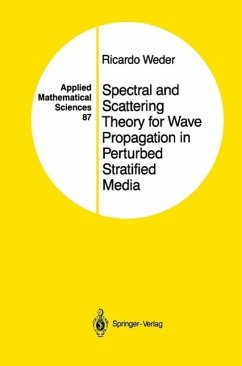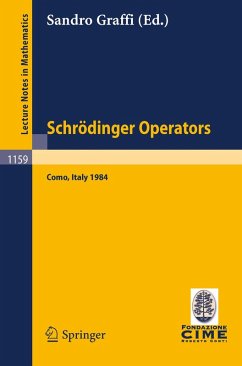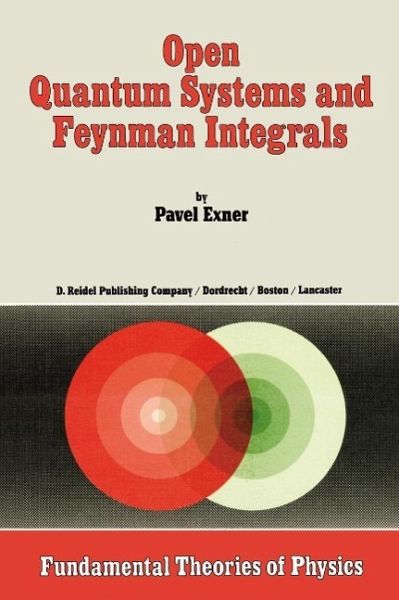
Open Quantum Systems and Feynman Integrals (eBook, PDF)
Versandkostenfrei!
Sofort per Download lieferbar
40,95 €
inkl. MwSt.
Weitere Ausgaben:

PAYBACK Punkte
20 °P sammeln!
Every part of physics offers examples of non-stability phenomena, but probably nowhere are they so plentiful and worthy of study as in the realm of quantum theory. The present volume is devoted to this problem: we shall be concerned with open quantum systems, i.e. those that cannot be regarded as isolated from the rest of the physical universe. It is a natural framework in which non-stationary processes can be investigated. There are two main approaches to the treatment of open systems in quantum theory. In both the system under consideration is viewed as part of a larger system, assumed to be...
Every part of physics offers examples of non-stability phenomena, but probably nowhere are they so plentiful and worthy of study as in the realm of quantum theory. The present volume is devoted to this problem: we shall be concerned with open quantum systems, i.e. those that cannot be regarded as isolated from the rest of the physical universe. It is a natural framework in which non-stationary processes can be investigated. There are two main approaches to the treatment of open systems in quantum theory. In both the system under consideration is viewed as part of a larger system, assumed to be isolated in a reasonable approximation. They are differentiated mainly by the way in which the state Hilbert space of the open system is related to that of the isolated system - either by orthogonal sum or by tensor product. Though often applicable simultaneously to the same physical situation, these approaches are complementary in a sense and are adapted to different purposes. Here we shall be concerned with the first approach, which is suitable primarily for a description of decay processes, absorption, etc. The second approach is used mostly for the treatment of various relaxation phenomena. It is comparably better examined at present; in particular, the reader may consult a monograph by E. B. Davies.
Dieser Download kann aus rechtlichen Gründen nur mit Rechnungsadresse in A, B, BG, CY, CZ, D, DK, EW, E, FIN, F, GR, HR, H, IRL, I, LT, L, LR, M, NL, PL, P, R, S, SLO, SK ausgeliefert werden.



